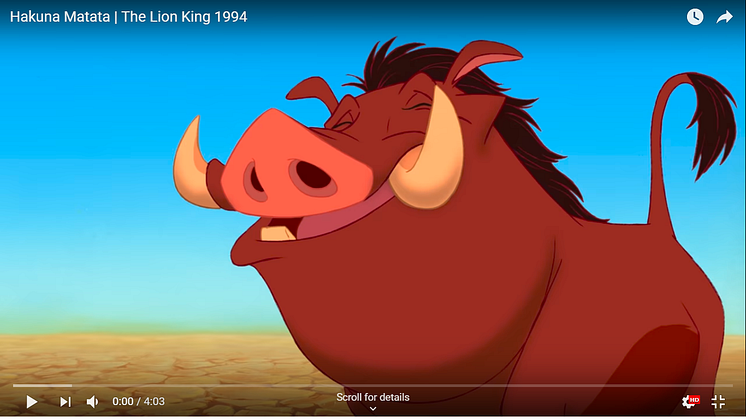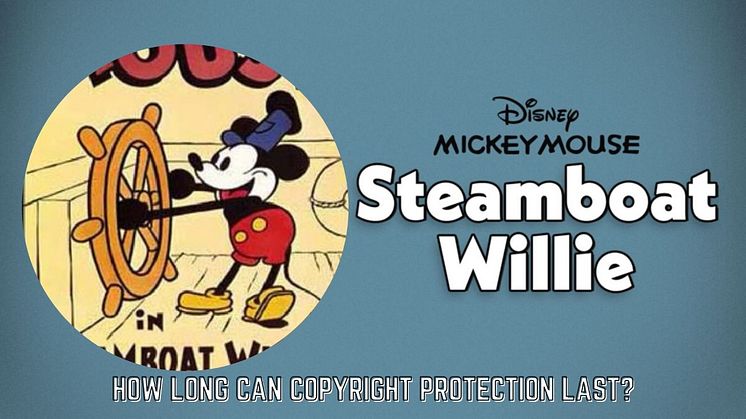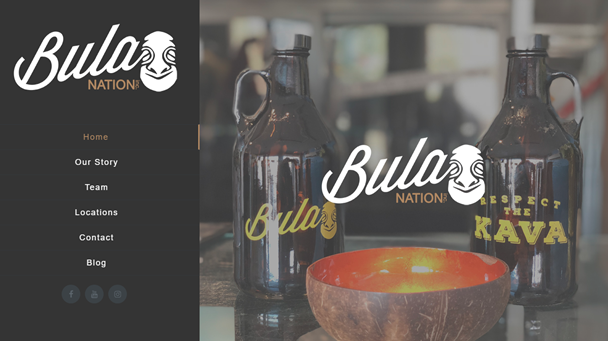
News -
Disney gets pushback on copyright of Hakuna Matata
Disney's remake of The Lion King is expected to be shown in cinemas this year, but there is a growing swell of dissent from Africans over the entertainment company's trademark of the Swahili phrase, "Hakuna Matata", which was used in the original Lion King movie.
A petition on the change.org website is demanding that Disney give up the trademark on "Hakuna Matata", which means "no worries" in Swahili. It says: "the term ‘Hakuna Matata’ is not a Disney creation hence not an infringement on intellectual or creative property, but an assault on the Swahili people and Africa as a whole. It sets a terrible precedence and sullies the very spirit of the term to begin with."
So far, the petition has received almost 200,000 signatures.
It is easy to get emotional over this issue, especially for people whose culture is involved, but for-profit companies that copyright phrases are usually doing it with the intention to protect their brand name and to deter competition in the industry.
Disney, a for-profit company, says it copyrighted the phrase only to ensure it would keep making money, and not to police people's speech.
"Disney’s registration for ‘Hakuna Matata’ T-shirts, which was filed in 1994, has never and will not prevent individuals from using the phrase," Disney said in a statement. The trademark covers "clothing, footwear, headgear", according to the filing, which means Disney can go after anyone trying to make money by printing "Hakuna Matata" on their clothes, shoes or caps in the United States.
But it does not take away from the fact that Disney has trademarked a phrase it did not create or invent in the first place. And it can be seen as cultural theft and colonialism.
We have written before about the uproar in Fiji over a chain of bars in Florida trademarking the word "Bula", which is used as a greeting on the island. Calling it a case of “heritage-hijacking”, Fiji said back in September 2018 it was preparing legal action against the owner of the chain of bars in Florida called Bula Nation. But there has been no news of a lawsuit so far.
"Bula" has been trademarked at least 43 times in the United States and in other countries.
"Hakuna Matata" comes up on the database of the United States Patent and Trademark Office several times. It has been trademarked by a wedding planning company, and is used to sell baby strollers, essential oils and multi-vitamins. Even a Chinese company from Shenzhen has trademarked it to sell toys and balloons.



